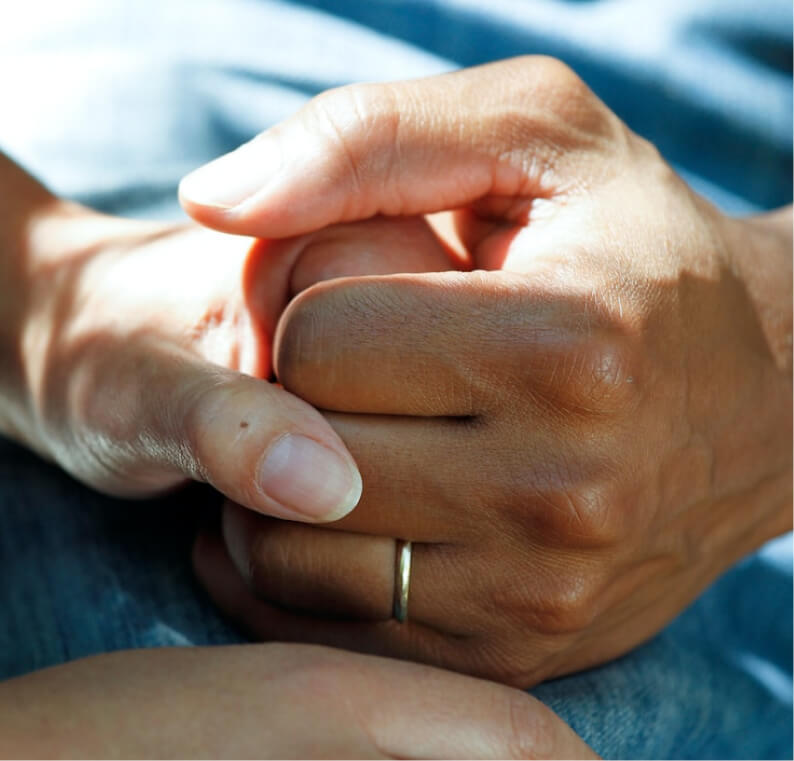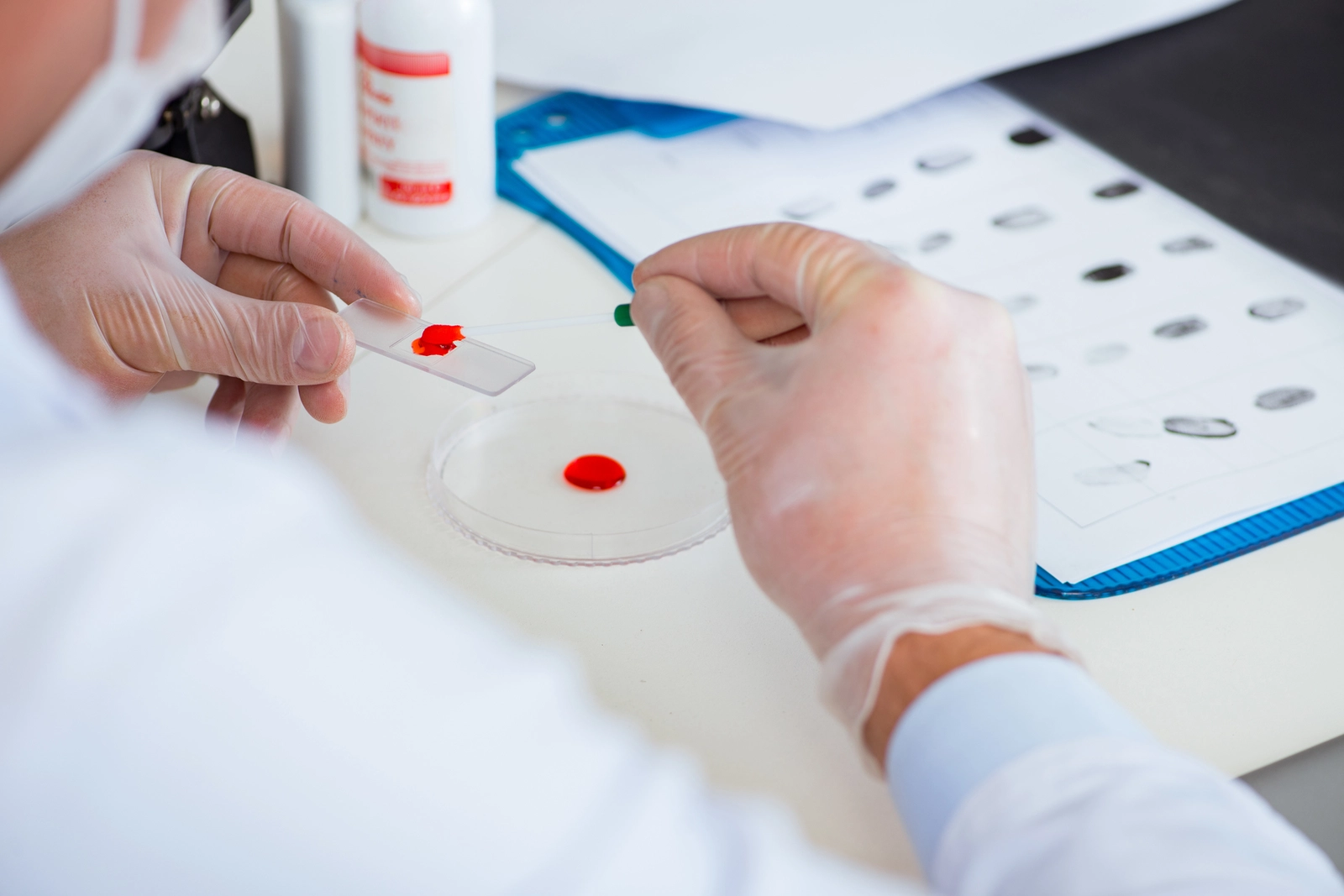Our Addiction Recovery Alumni Program
Premier Center For Substance Abuse & Mental Health Treatment
Ascendant’s Alumni Program is nothing short of robust.
The Director of Alumni Services works onsite with patients in order to start developing the rapport and relationship before discharge.
Upon discharge, patients are checked in with regularly and have access to both an in person and virtual alumni support group on a weekly basis. Ascendant also has it’s own Alumni App in order to stay connected.
Alumni can create a profile, share recovery milestones, read and post useful recovery related content as well as engage in many other ways.
We encourage alumni to stop by the facility at any time even if it’s just to check in and say hi!
What is Aftercare For Alumni Patients?
Aftercare for addiction recovery alumni patients represents ongoing access to support and recovery resources. Once formal addiction treatment has ended, there is still work to do in maintaining your sobriety and keeping your goals in mind.
A strong aftercare program is a community-based effort that keeps you grounded in a strong support system. The aftercare recovery process will include outpatient mental health and behavioral therapy, peer support groups, educational resources, check-ins and monitoring, continued coping skill-building and relapse prevention training, alumni events, and more.[1] The overall goal is to increase the recovery capital you build and cultivate a lifelong commitment to your recovery journey.


Aftercare Statistics
The nature of alcohol and substance use disorder is that they are chronic, and relapse rates are discouragingly high—40-60% on average.[2] However, when you consider that more than 50% of people fail to complete treatment, it’s no wonder relapse is so high.[3]
The average treatment program is anywhere from one to three months, depending on the level of care needed. However, research shows that those who remain in an addiction recovery alumni or aftercare program for longer than 30 days have an 84% success rate—much higher than the 54% success rate of standard 30-day programs.[4]
At Ascendant NY, we’re invested in your long-term success. Our addiction recovery alumni program is designed to support your new life and help you become the best version of yourself. If you or a loved one are struggling with substance use disorder, we invite you to join our addiction treatment program and thriving recovery community. Reach out today to get started.
Frequently Asked Questions About Our Addiction Recovery Alumni Program
Anything they want. There is a common misconception that people in recovery lead boring, sad lives, but nothing could be further from the truth. The more you develop into the best version of yourself, away from harmful substances and patterns, the more you begin to truly experience the best things in life. From relationships and better health to physical fitness and adventuring.
So much is possible when your mind and body are clear and healthy. Some common activities our alumni patients enjoy include hiking, biking, swimming, yoga, board games, reading, traveling, ceramics and art, sober club activities like book clubs and pickleball matches, playing and writing music, and so much more. Find your location on this page to see fun, sober activities near you.
No matter how long you’ve been sober, you will always need support to navigate the chronic illness of addiction. With compassionate peer support, sober events, accountability groups, and ongoing skill building, you can maintain your sobriety and stay on the best track of your life.
The five rules of recovery are:[5]
- Change your life to be free of substances: This is a daily commitment to create a sober life for your goals and your good.
- Pursue honesty in all things: Be honest with yourself and those around you.
- Ask for support when you need it: You don’t have to do this alone, and you may not be able to. It’s essential to ask for help.
- Include self-care in your routine: Taking care of your body, mind, and soul helps you keep a healthy, positive perspective.
- Nobody is above the rules: Don’t attempt to bend these rules “in the moment.” You’ve cultivated this progress, and it’s up to you to keep it.
[1]Inanlou, M., Bahmani, B., Farhoudian, A., & Rafiee, F. (2020, April). Addiction recovery: A systematized review. Iranian journal of psychiatry. https://www.ncbi.nlm.nih.gov/pmc/articles/PMC7215253/
[2]U.S. Department of Health and Human Services. (2023d, September 25). Treatment and recovery. National Institutes of Health. https://nida.nih.gov/publications/drugs-brains-behavior-science-addiction/treatment-recovery
[3]Kelly, J. F., Greene, M. C., Bergman, B. G., White, W. L., & Hoeppner, B. B. (2019, July). How many recovery attempts does it take to successfully resolve an alcohol or drug problem? estimates and correlates from a national study of recovering U.S. adults. Alcoholism, clinical and experimental research. https://www.ncbi.nlm.nih.gov/pmc/articles/PMC6602820/
[4]Mohammad, A., Sarkar, A., Shub, R. N., & Irizarry, K. J. (n.d.). Addiction Treatment Aftercare Outcome Study. https://www.researchgate.net/publication/312300670_Addiction_Treatment_Aftercare_Outcome_Study
[5]Melemis, S. M. (2015, September 3). Relapse prevention and the five rules of recovery. The Yale journal of biology and medicine. https://www.ncbi.nlm.nih.gov/pmc/articles/PMC4553654/